Honda debuts two radical electric car concepts at CES
After years of slow progress, the mighty Japanese car industry is starting to flex its muscle as it prepares to go on the offensive.
HiTech
Don't miss out on the headlines from HiTech. Followed categories will be added to My News.
Japanese car brands are starting to embrace electric vehicles.
Honda revealed two electric vehicle concepts at the Consumer Electronics Show in Las Vegas.
The two concepts showcase a new line of electric vehicles from the brand due to launch globally from 2026.
Dubbed the Saloon and Space-Hub, the cars preview a future electric sedan and people-mover.
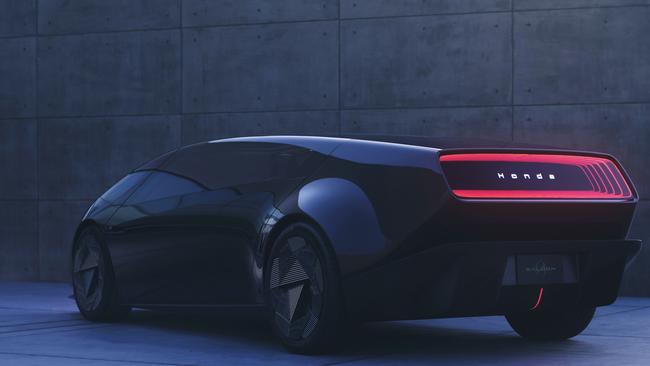
Honda recently partnered with electronics giant Sony and the pair debuted their first car, the Afeela. It was shown at CES last year but a closer to production version was on the stands at this year’s show.
Sony’s boss used a PS5 controller to drive the Afeela onto the stage at this year’s show.
The radically styled concept cars usher in a new era for the maker, which plans to sell only zero-emissions cars by 2040.
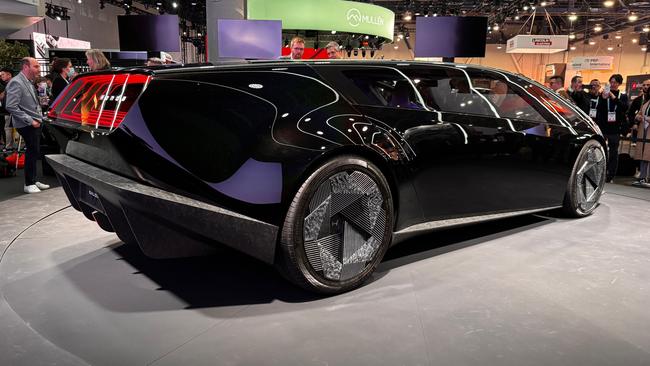
Funky looking Honda EV concepts: Saloon and SpaceHub #CES#CES2024pic.twitter.com/iT1XWKlAbZ
— Ed Ludlow (@EdLudlow) January 9, 2024
Sony’s new AFEELA car from Honda can be driven with a PS5 controller. pic.twitter.com/tkf6rqLvLd
— DiscussingFilm (@DiscussingFilm) January 9, 2024
This was such a cool entrance! Now, you won’t actually be able to drive this with a PS5 controller in the production model, but it was really cool to see a CES demo at the Sony press conference! #CES2024#CES#Sony@sony@hondapic.twitter.com/CkiYeWimoQ
— iJustine (@ijustine) January 10, 2024
The little Honda e has been the lone battery-powered electric vehicle from the brand but it was only sold in Europe and Japan and has since been deleted from its line-up due to slow sales.
The cute, retro styled EV was expensive and had a circa-200km driving range.
Honda’s electric car reveals follows on from the 2023 Tokyo motor show, which had a strong focus on electric cars.
At the show Toyota unveiled an electric version of the LandCruiser and HiLux ute as well as a zero-emissions sports car.
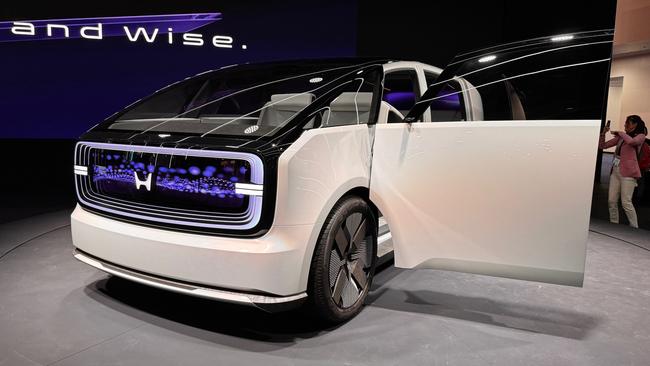
Nissan, Honda and Mazda also debuted their vision for zero or low-emission sports cars.
Japanese car brands have been resistant to rolling out electric cars after being leaders in hybrid technology for more than two decades ago. At the same time European, Korean and American makers have rolled out numerous EVs in the past five years.
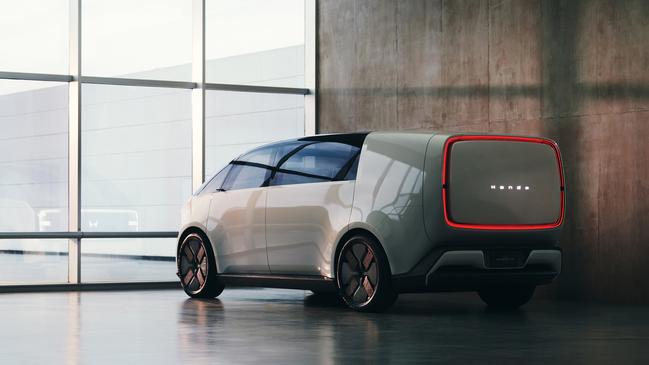
Honda was the first brand to develop a hybrid vehicle for mass sale with its Insight at the end of last century and it was followed soon after by the Toyota Prius.
Mitsubishi also led the way with its pint-sized i-MiEV early this century but it has since been silent on zero-emissions vehicles.
Mazda has sold the MX-30 electric compact SUV in Australia but it recently axed it from its range due to slow sales.
Nissan has taken to the new technology better than the rest. Its small Leaf electric hatchback has been on sale in Australia for some time and it has plans to bring the Ariya mid-size SUV Down Under in the near future.
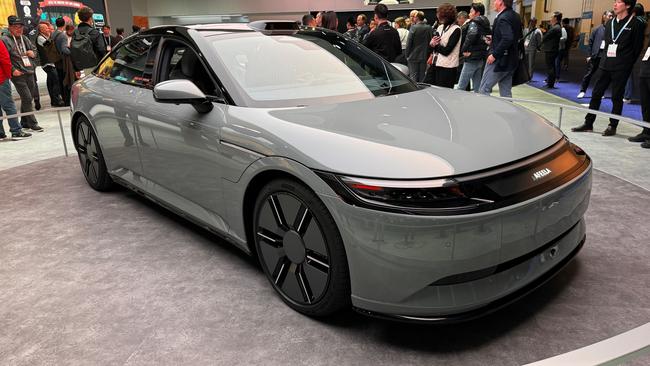
Toyota, the world’s largest car maker, has been slow on the uptake too. It will launch the bZ4X SUV, its first electric car, in Australia in the coming months.
Subaru has just started to deliver the Solterra to Australian customers. The Solterra was co-developed with the bZ4X and shares the same hardware but with different styling and interior fitout.
Many Japanese brands, including Toyota and Honda, are investing in hydrogen as an alternative solution to battery-powered electric cars.
Hydrogen fuel-cell vehicles use hydrogen to create electricity that powers motors. The only tailpipe emission is water.
Toyota is also investigating using hydrogen in conventional internal combustion engines instead of petrol or diesel.
The brand has a prototype version of its HiAce van that runs on hydrogen in Australia, which is being used for testing and evaluation by the local operations.
Originally published as Honda debuts two radical electric car concepts at CES



